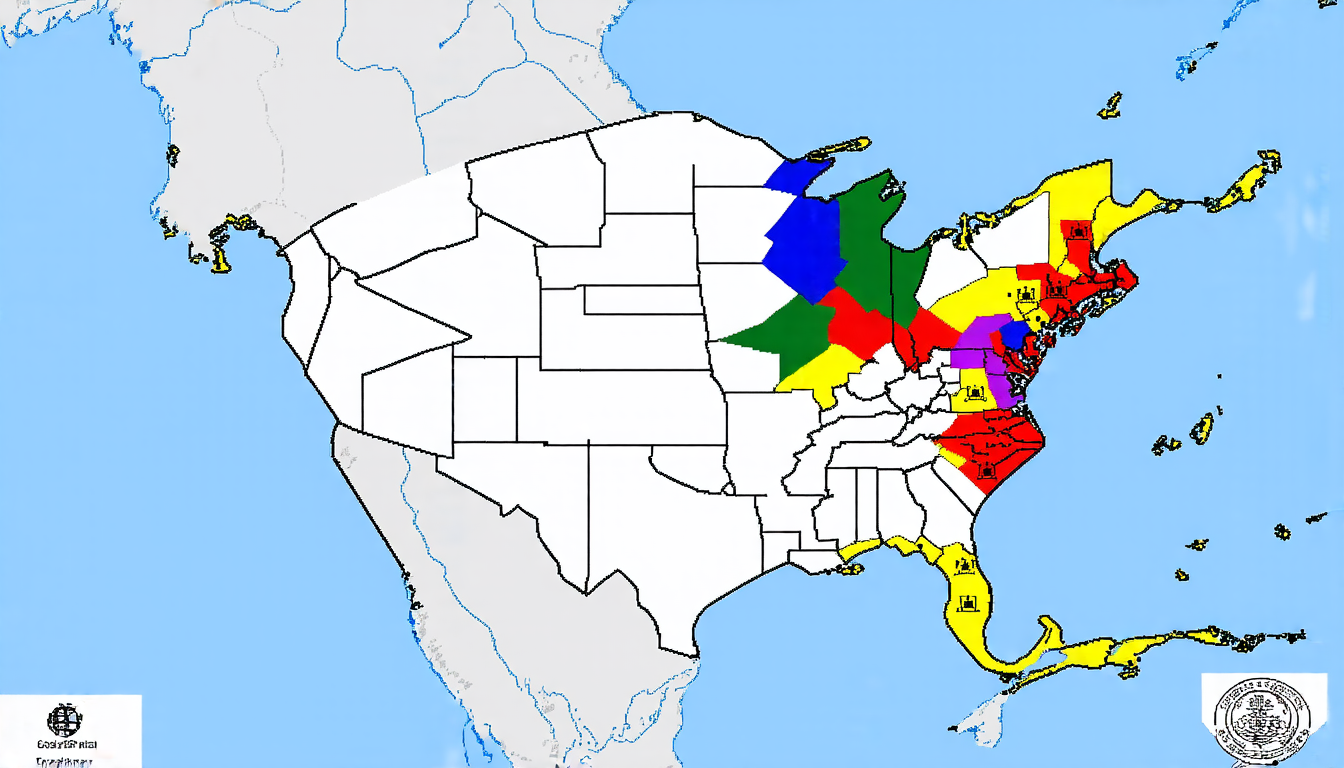Wednesday 30 July 2025
The study of political dynamics has long relied on spatial models, which conceptualize political actors as positioned along latent ideological dimensions and moving within a continuous ideological space. However, these unidimensional models have been criticized for oversimplifying complex political phenomena. A recent contribution aims to address this limitation by introducing Wordkrill, a multidimensional extension of the popular Wordfish model.
Wordfish, developed in 2008, estimates actor positions from political texts using word frequencies and Bayesian inference. While effective, its unidimensionality restricts its ability to capture nuanced political dynamics. Wordkrill seeks to overcome this limitation by allowing for efficient estimation of political positions along multiple latent dimensions.
The authors begin by reviewing the literature on spatial models in politics, highlighting the need for more sophisticated approaches. They then present the mathematical framework underlying Wordkrill, demonstrating how it retains the interpretability of traditional spatial models while incorporating multidimensionality.
To evaluate Wordkrill’s performance, the researchers apply it to two datasets: German party manifestos and parliamentary speeches in Ireland and Germany. The results show that Wordkrill accurately captures the complex political dynamics at play, with positions aligning with established ideological categories.
In the German party manifesto analysis, Wordkrill reveals a clear distinction between left- and right-leaning parties on both socio-cultural and socio-economic dimensions. This mirrors the findings of expert surveys and other text-based methods, providing evidence for the model’s validity.
The Irish parliamentary speeches dataset presents a more nuanced picture, with Wordkrill uncovering subtle shifts in party positions over time. This highlights the model’s ability to capture dynamic changes in political discourse.
The German Bundestag speech dataset demonstrates Wordkrill’s applicability to real-world policy debates, with positions aligning with established ideological categories and revealing salient dimensions of debate.
The authors’ approach has several implications for the study of politics. By enabling the estimation of actor positions along multiple latent dimensions, Wordkrill offers a more comprehensive understanding of political dynamics. This can inform research on party competition, coalition formation, and policy-making, ultimately enhancing our ability to analyze and predict political behavior.
Wordkrill’s potential applications extend beyond academic research, with implications for policy analysis, public opinion polling, and even election forecasting. As the complexity of political discourse continues to evolve, the development of sophisticated text-based methods like Wordkrill will be crucial in helping us make sense of it all.
Cite this article: “Wordkrill: A Multidimensional Extension of Spatial Models for Analyzing Political Dynamics”, The Science Archive, 2025.
Politics, Spatial Models, Political Dynamics, Wordfish, Word Frequencies, Bayesian Inference, Multidimensionality, Party Manifestos, Parliamentary Speeches, Policy Debates
Reference: Benjamin Riesch, “Wordkrill: Extending Wordfish into the multidimensional political space” (2025).







